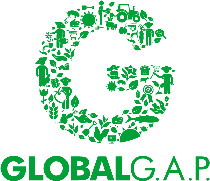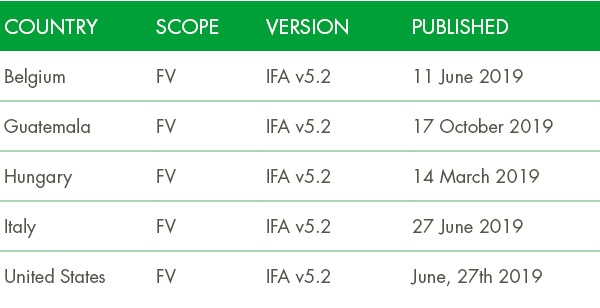WELCOME & highlights
events
products report
services report
governance & NETWORK
Members
financial report
GOVERNANCE & NETWORK
A Member-Driven Decision-Making Structure
GLOBALG.A.P. MEMBERS
GLOBALG.A.P. members help us connect producers and suppliers, improve GLOBALG.A.P. standards, carry out benchmarking, and increase awareness of safe and sustainable practices in food production and resource management.
GLOBALG.A.P. bOARD
GLOBALG.A.P. is governed by a board of elected representatives from producer and retailer industries and is headed by a chairperson. There are an equal number of retail and supplier representatives, reflecting the supply chain partnership. Within the supplier seats, one seat is reserved for each of the 3 GLOBALG.A.P. scopes (Crops, Livestock and Aquaculture).
Tasks for the Board involve determining strategy, designing the standards setting procedure, adopting standards and rules, and providing the legal framework for regulating the certification bodies.
As per the 2018 decision to internationalize and enlarge and the GLOBALG.A.P. Board from 10 to 14 industry seats, 4 new positions were up for election in 2019, comprising two producer/supplier seats and two retailer seats. These seats were reserved for candidates from Africa, Asia/Pacific, or the Americas.
In addition, 3 existing retailer seats were open for re-election to candidates from all regions:
- The nomination period ran from 15 April to 20 May 2019. All GLOBALG.A.P. members were invited to apply for the retail/food service or producer/supplier position.
- The election period followed from 4 to 24 June 2019. Two separate elections were conducted online – one for supplier members and one for retailer/food service members – and were managed independently by FoodPLUS GmbH’s external financial auditors. Each member (company) was allowed to submit only one secret ballot per seat.
- On 4 July 2019, the 6 new retail and producer/supplier representatives of the GLOBALG.A.P. Board were announced.
On 18-19 November 2019, the first Board meeting with the new Board members took place.
Congratulations to the following new members appointed to the GLOBALG.A.P. Board in 2019:
Hugo Hays, Enrique Ameghino, Eloy Quiñones, Francisco Contreras, Yukiyo Komatsu, Gary Jones, and Miina Mälgand Hansen.
GLOBALG.A.P. Board Members 2019
Producer/Supplier Representatives

Guy Callebaut
VBT – Association of Belgian Horti. Coop. (Supplier/Crops)
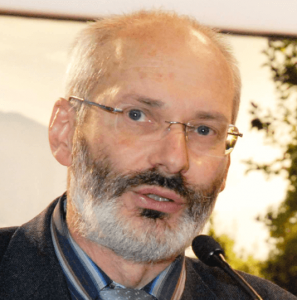
Alessandro Dalpiaz
Assomela Società Coopertiva (Supplier/Crops)

Hugo Hays
Fyffes (Supplier/Crops)
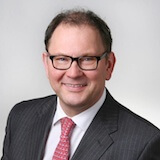
Martin Hofstede
CLAMA GmbH & Co. KG (Supplier/Aquaculture)
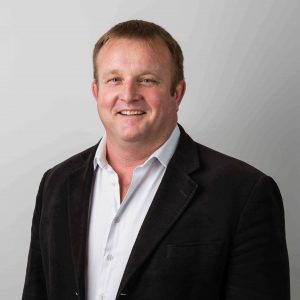
Gary Jones
New Zealand Apples & Pears Inc (Supplier/Crops)
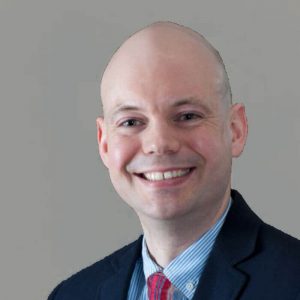
Derk Oorburg
Vion Food (Supplier/Livestock)
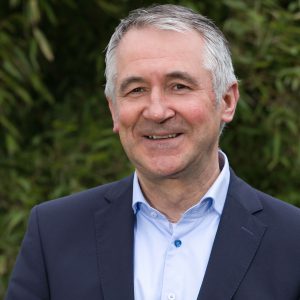
Richard Schouten
Fresh Produce Centre/Groentenfruit Huis (Supplier/Crops)
Retailer/Food Service Representatives
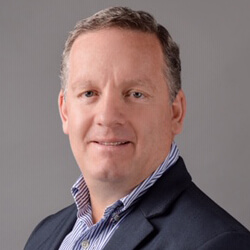
Enrique Ameghino
Cencosud Retail Perú S.A. (Retailer)
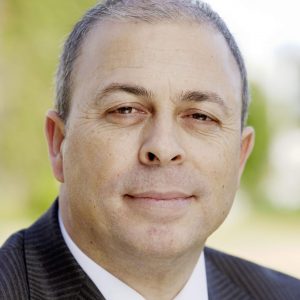
Francisco-Manuel Contreras Morales
EDEKA AG (Retailer)
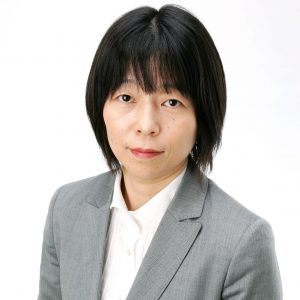
Yukiyo Komatsu
Aeon Co., Ltd. (Retailer)
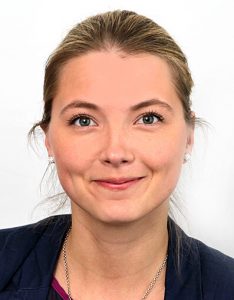
Miina Mälgand Hansen
Salling Group (Retailer)
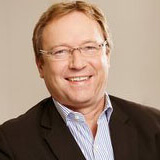
Klaus Mayer
REWE Group Buying GmbH (Retailer)

Leon Mol
Ahold Delhaize (Retailer)
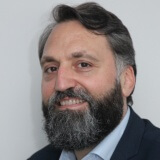
Eloy Quiñones
Metro AG (Retailer)
GLOBALG.A.P. SECRETARIAT
The function of secretariat is performed by FoodPLUS GmbH, a private limited company based in Cologne, Germany. FoodPLUS functions as a single management platform for GLOBALG.A.P., which executes administrative tasks such as enacting new policies and standards, supporting the GLOBALG.A.P. benchmarking process, maintaining the GLOBALG.A.P. Database, and enforcing ISC decisions.
TECHNICAL COMMITTEES
Technical Committees consist of voluntary GLOBALG.A.P. producer/trader and retailer/food service members. Their main focus is to participate in the revision and maintenance of existing standards. Technical committees are set up for fixed terms – typically three years – and members can serve a maximum of three terms.
There are 5 technical committees: Fruit and Vegetables, Aquaculture, Livestock, GRASP and Systems & Rules.
FOCUS GROUPS
Focus groups are set up on an ad-hoc basis to work on specific topics as approved by the GLOBALG.A.P. Board. The voluntary Focus Groups consist of both GLOBALG.A.P. members and non-members and have no fixed term since the duration is determined by the nature of the topic.
Focus Groups in 2019
- The RMS Expert Panel, which has since finished its activity and been dissolved
- The Flowers and Ornamentals Group, which is ongoing
BENCHMARKING COMMITTEE
The Benchmarking Committee is composed of independent technical experts representing the agricultural chain industry. Members are appointed by the GLOBALG.A.P. Secretariat for each scheme/checklist applying for benchmarking.
Its function is to:
- Evaluate the benchmarking process results report
- Recommend a recognition level for the applicant scheme/checklist
CERTIFICATION BODY COMMITTEE
The Certification Body Committee is made up of experts representing certification bodies which are GLOBALG.A.P. associate members and ISO Guide 17065 accredited to at least one GLOBALG.A.P. scope. The committee discusses implementation issues, provides feedback, and represents certification body activities within the GLOBALG.A.P. system.
INTEGRITY SURVEILLANCE COMMITTEE
Integrity Surveillance Committee members are industry experts with a local legal background. The members are appointed by the Board but work independently and meet at least twice a year. The Integrity Surveillance Committee assesses integrity issues and certification body non-conformances and proposes correctional measures and sanctions.
NATIONAL TECHNICAL WORKING GROUPS
National Technical Working Groups (NTWGs) are set up by GLOBALG.A.P. members in any desired country to help with the implementation of GLOBALG.A.P.’s universal standard on a local scale. NTWGs identify specific local adaptation and implementation challenges and develop guidelines, known as National Interpretation Guidelines (NIGs). These guidelines provide guidance to certification bodies and producers on how best to implement GLOBALG.A.P. Control Points and Compliance Criteria at a national level. NTWGs are made up of qualified experts and stakeholders from the country in question.
There are now 51 NTWGs worldwide. Three new NTWGS were established in 2019:

National Interpretation Guidelines
